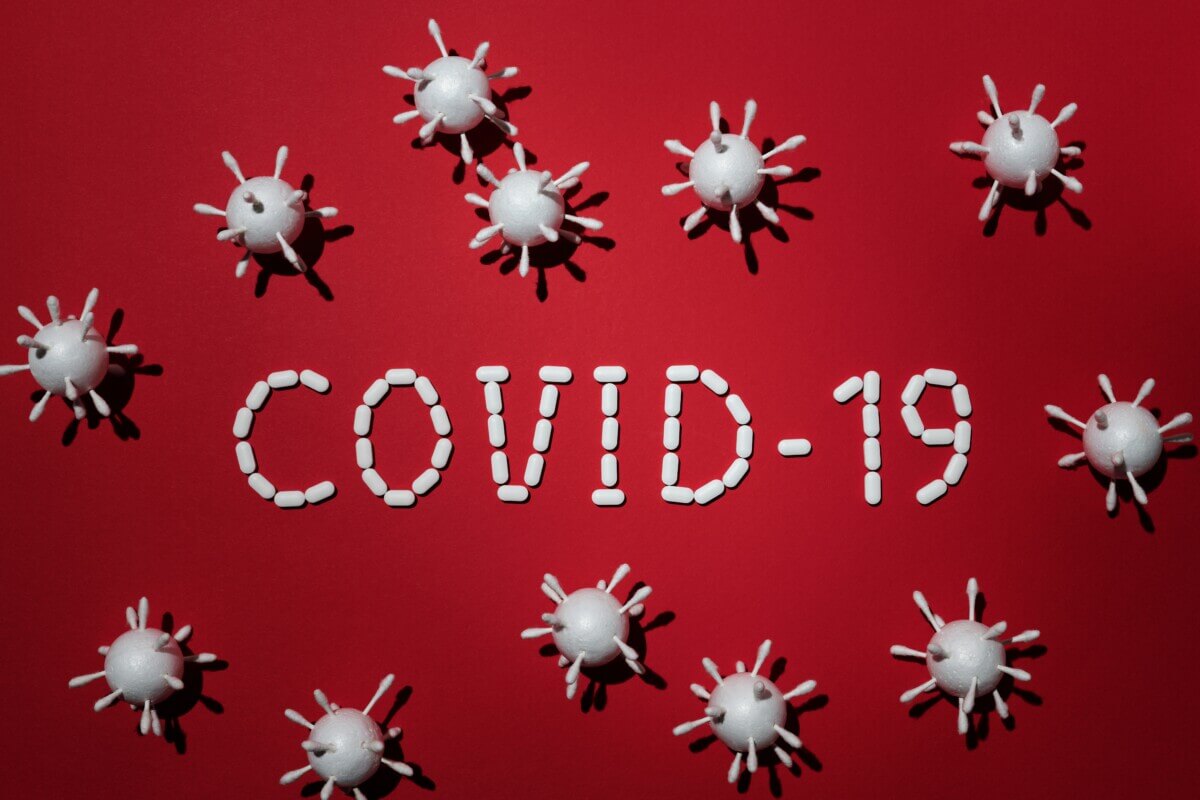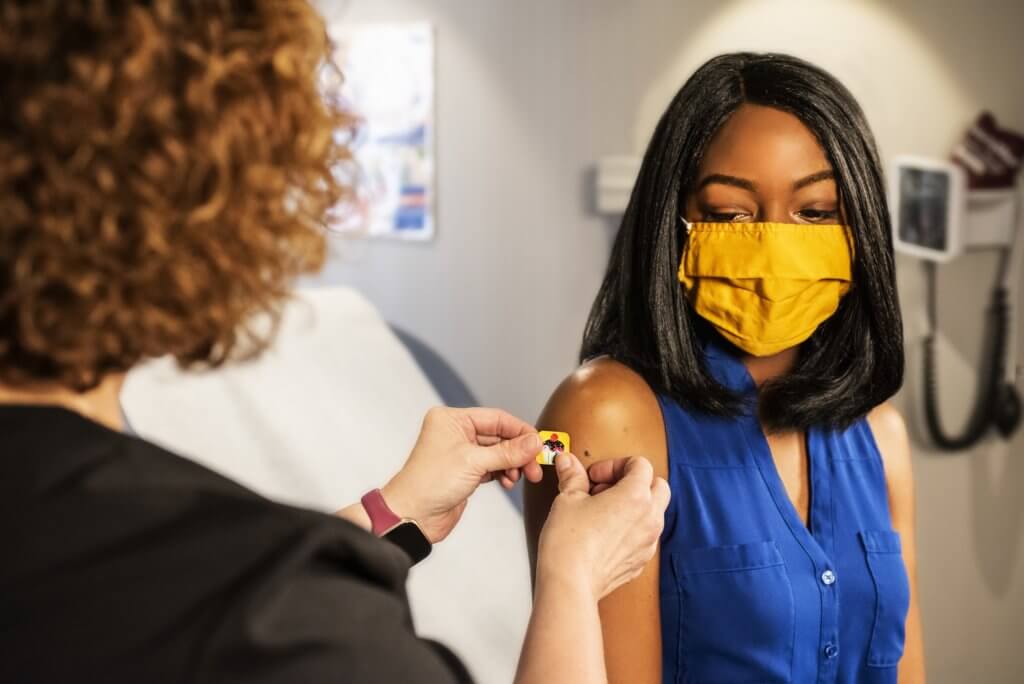
Edward Jenner / pexels.com
SÃO PAULO, Brazil — In the global fight against COVID-19, researchers have unveiled groundbreaking results that could potentially change the course of treatment for infected patients. Collaborative research spanning three countries suggests a substantial decrease in the risk of death from COVID-19 by using advanced medical cell therapy.
Cell therapy, mainly using multipotent mesenchymal stem cells, has gained traction in recent years as an effective treatment for various diseases, particularly cancer. Concerning COVID-19, cells sourced from connective tissue, lymphoblasts (precursor white blood cells that give rise to immune cells called lymphocytes), and blood have been predominantly used in trials.
Researchers from the University of São Paulo, in collaboration with colleagues in Germany and the United States, conducted a systematic review and meta-analysis (a statistical method of aggregating data from many independent studies) covering 195 clinical trials in 30 countries and 26 trials, with results published by July 2022.
“Our study is the first to review all the information on these experiences scattered around the world and to verify by means of a meta-analysis how cell therapy functions when used to treat COVID-19 and related complications,” says Otávio Cabral-Marques, coordinator of the study, in a media release.
This innovative approach, which focuses on introducing healthy cells to alter or restore certain cellular sets in the patient, may redefine the treatment strategies for COVID. However, while cell therapy shows great potential, the importance of vaccination remains paramount. The findings signify that while advanced cell therapy may emerge as a vital supplementary treatment, vaccination remains the most protective measure against the disease.
“Although all these studies have shown that advanced cell therapy could become established soon as an important adjunct treatment for these patients, prevention of the disease by vaccination remains the best protection,” Cabral-Marques reiterates, emphasizing the primary importance of vaccination.

Results from this systematic review suggest that the use of cell therapy in treating COVID-19 patients showed a 60-percent reduction in the risk of death from the disease.
“During the pandemic, it was used to treat COVID-19 in several clinical trials. Stem cell therapy and models involving organoids derived from stem cells drew a great deal of attention as novel methods for treating and studying COVID-19 during the pandemic,” adds Cabral-Marques, emphasizing the unique role of these treatments.
Limitations of this systematic review include the many differences between these trials overall, including the phase of each trial, the number of participants enrolled in each trial, and the study designs of each trial. Many studies (roughly 30%) did not have a control group with which researchers would compare with the stem cell recipients.
Additionally, the majority of studies (56%) did not reach phase 2, where safety, efficacy, and dose-response were studied in a few hundred volunteers with the disease. Therefore, the implications and results demonstrated in this study must be taken with reservations, as more research will be required to verify cell therapy as a feasible treatment option.
While the world continues its struggle against COVID-19, these findings illuminate a promising avenue for treatment, potentially saving numerous lives. Yet, it's vital to remember that prevention, primarily through vaccination, remains the most potent weapon against this virus. Even more research on cell therapy related to treating diseases like COVID-19 is needed to solidify it as a viable treatment option for those in need of one.
The study is published in the journal Frontiers in Immunology.










